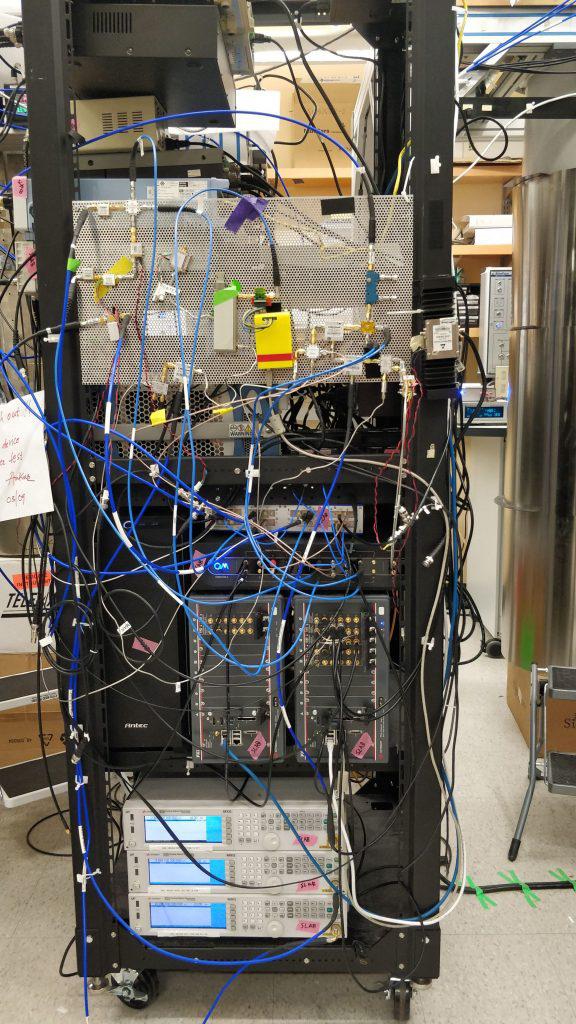When designing a next-generation quantum computer, a surprisingly large problem is bridging the communication gap between the classical and quantum worlds. Such computers need a specialized control and readout electronics to translate back and forth between the human operator and the quantum computer’s languages—but existing systems are cumbersome and expensive.
However, a new system of control and readout electronics—known as Quantum Instrumentation Control Kit, or QICK—developed by engineers at the Fermi National Accelerator Laboratory in collaboration with University of Chicago scientists, has proved to drastically improve quantum computer performance while cutting the cost of control equipment.

“The development of the Quantum Instrumentation Control Kit is an excellent example of U.S. investment in joint quantum technology research with partnerships between industry, academia and government to accelerate pre-competitive quantum research and development technologies,” said the U.S. Department of Energy’s Harriet Kung, deputy director for science programs for the Office of Science and acting associate director of science for high-energy physics.
The faster and more cost-efficient controls were developed by a team of Fermilab engineers led by senior principal engineer Gustavo Cancelo in collaboration with UChicago whose goal was to create and test a field-programmable gate array-based (FPGA) controller for quantum computing experiments.
Prof. David Schuster, a physicist at UChicago, led the University’s lab that helped with the specifications and verification on real hardware.
“This is exactly the type of project that combines the strengths of a national laboratory and a university,” said Schuster. “There is a clear need for an open-source control hardware ecosystem, and it is being rapidly adopted by the quantum community.”









